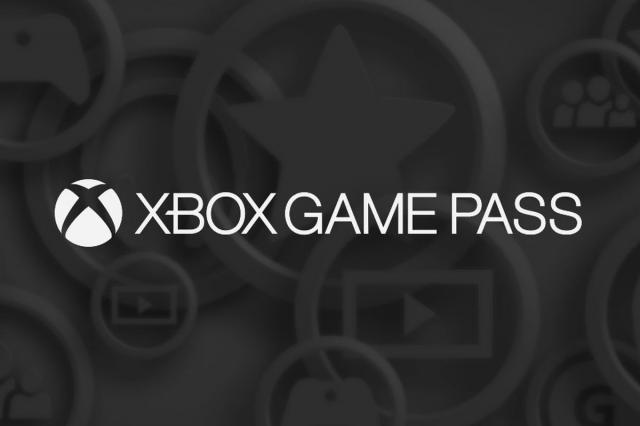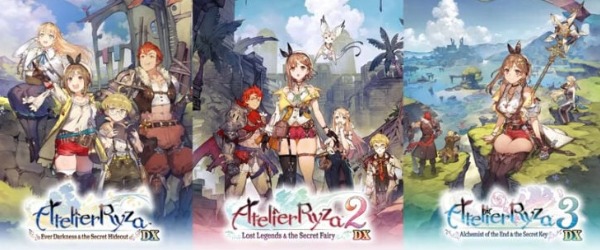
Launching Day 1 on Xbox Game Pass is a 'Risk-Averse Strategy,' Says Analyst - News
by William D'Angelo , posted on 06 May 2021 / 1,569 ViewsMicrosoft has been pushing Xbox Game Pass with all first-party games coming to the service on day one. This month alone there has been two bigger third-party games coming to Game Pass on launch day with Outriders and MLB The Show 21.
Ampere Analysis Research Director Piers Harding-Rolls in an interview with Inverse that launching a game day one on Xbox Game Pass is being a "risk-averse strategy" as it secures money upfront and opens up a game to an audience of over 18 million subscribers that can still be monetized via in-game purchases.
"For some titles, launching day one into Game Pass is an increasingly risk-averse strategy: It secures a payment upfront, offers an engaged audience of over 18 million subscribers that can still be monetized through in-game spending, and there is the flexibility of removing the title to boost premium sales at a later date if required," said Harding-Rolls.
"Those titles that are not top-tier in sales volume terms or that are based on new IP — i.e., do not have an established audience — could be solid candidates for day one releases."

He added that even paying a lot of money to secure the game on launch day on Xbox Game Pass is worth the cost.
"From Microsoft’s perspective, even paying a substantial sum to secure the game on release is worth it," he said. "Microsoft is not thinking about short-term profitability as it continues its aggressive content and subscriber acquisition path for Game Pass. Competitively, the optics of this move are strong, and it keeps the Game Pass momentum building."
A life-long and avid gamer, William D'Angelo was first introduced to VGChartz in 2007. After years of supporting the site, he was brought on in 2010 as a junior analyst, working his way up to lead analyst in 2012. He has expanded his involvement in the gaming community by producing content on his own YouTube channel and Twitch channel dedicated to gaming Let's Plays and tutorials. You can contact the author at wdangelo@vgchartz.com or on Twitter @TrunksWD.
More Articles
I actually see a lot more Japanese games coming to XBox due to gamepass. The fear of XBox gamers not buying the games would be irrelevant, and this benefits both gamepass subscribers and non subscribers.
How does it benefit non subscribers? The game may not have come on the platform otherwise, but now they have an option to buy it as well due to gamepass eliminating the risk.
Yeah MS has done a great job of finally getting Japanese games on their system. One of the things I really hated about the XB1 was it's lack of Japanese games.
That is the point that a lot of people miss. The discussion is always around loosing physical sales and what that does to profit, but if you can get a decent chunk of development cost covered you know that even if the game sells less than expected or is not as well received you can continue operating. This provides much needed stability for companies and employees.
Yep, depending on how much MS offers the publisher it is very much a way to ensure profit.
"It secures money upfront and opens up a game to an audience of over 18 million subscribers that can still be monetized via in-game purchases."
Translation: AAA developers can afford to throw their games onto Gamepass day 1, because they'll just charge you up the ass in microtransactions at a later date.
This is what I don't like about game subscription services. There's no way the revenue from streaming services can completely replace the revenue from purchased games. PC and Console gaming revenue combined is well over 65 billion per year. You would need roughly half a billion subscribers to even begin replacing all that revenue.
Whenever streaming services completely take over, AAA games are going to come for your lunch money one way or another. Why? Because 200 to 300 million people paying $10 a month isn't enough to give developers and publishers the same amount of revenue that they would get from actual game sales.
Subscription services taking over spells the death of the complete $60 to $70 game. (For the most part anyway. Perhaps Nintendo will carry that torch in the coming decades.)






















 Essay Pro
Essay Pro